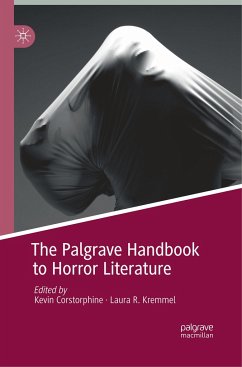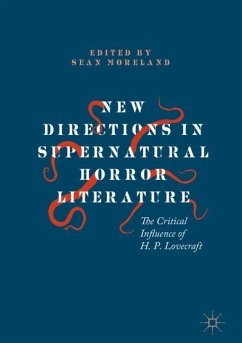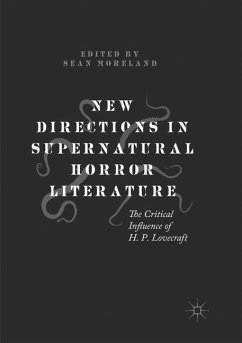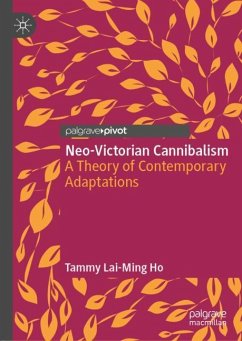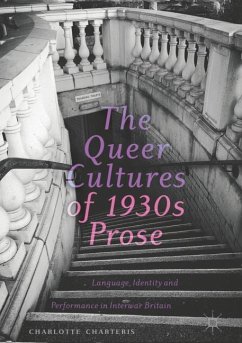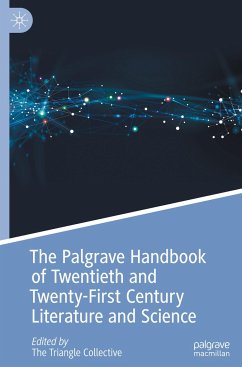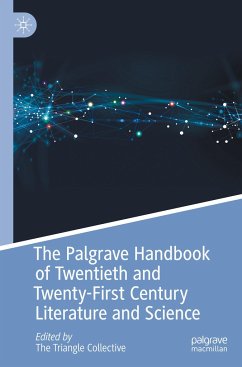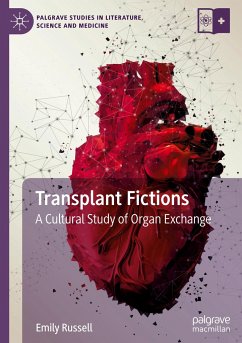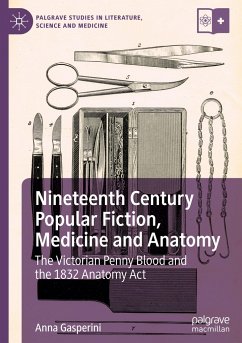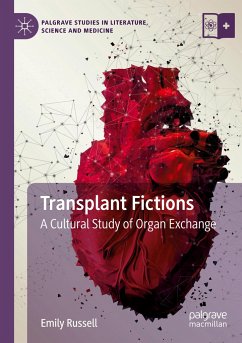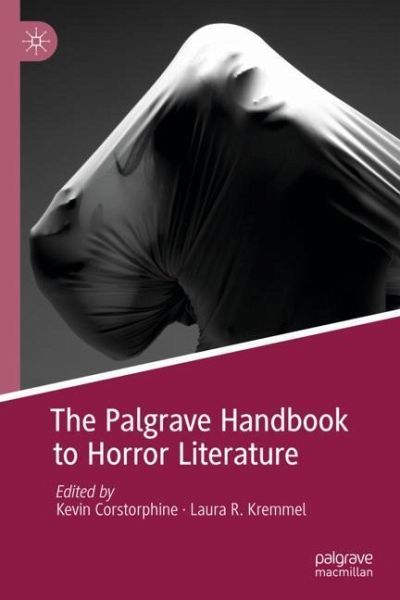
The Palgrave Handbook to Horror Literature

PAYBACK Punkte
95 °P sammeln!
This handbook examines the use of horror in storytelling, from oral traditions through folklore and fairy tales to contemporary horror fiction. Divided into sections that explore the origins and evolution of horror fiction, the recurrent themes that can be seen in horror, and ways of understanding horror through literary and cultural theory, the text analyses why horror is so compelling, and how we should interpret its presence in literature. Chapters explore historical horror aspects including ancient mythology, medieval writing, drama, chapbooks, the Gothic novel, and literary Modernism and ...
This handbook examines the use of horror in storytelling, from oral traditions through folklore and fairy tales to contemporary horror fiction. Divided into sections that explore the origins and evolution of horror fiction, the recurrent themes that can be seen in horror, and ways of understanding horror through literary and cultural theory, the text analyses why horror is so compelling, and how we should interpret its presence in literature. Chapters explore historical horror aspects including ancient mythology, medieval writing, drama, chapbooks, the Gothic novel, and literary Modernism and trace themes such as vampires, children and animals in horror, deep dark forests, labyrinths, disability, and imperialism. Considering horror via postmodern theory, evolutionary psychology, postcolonial theory, and New Materialism, this handbook investigates issues of gender and sexuality, race, censorship and morality, environmental studies, and literary versus popular fiction.





